
遠藤は、「Hack the Body- 身体をハッキングする」というテーマで発表を行いました(遠藤は、スケジュールの都合により、東京からの遠隔参加)。身体が不自由な人々は、周りの先入観や技術の欠落によって障害があると思われてしまっているという考えのもと、遠藤は、ロボット義足、低価格帯の義足、競技用義足という3タイプの義足を提供することで誰もが動く喜びを享受できるようにする試みについて話をしました。左膝より下を切断しなければならなくなった友人の力になりたいという想いに駆られた遠藤は、足首などの関節とほぼ同じ機能を果たすことができるロボット義足の開発、改良に取り組んできました。足首の代わりとして開発された電池駆動式のロボット足首の大きさは実際の足首と殆ど変わりません。遠藤は他にも、これまで2万3千本の義足を無償提供してきたインドのNPO、ジャイプール・フットのための低価格帯の義足や、パラリンピックの選手のための高性能な義足の開発に取り組んでいます。遠藤の開発した義足によって能力が拡張された選手達が、オリンピックの記録を脅かす日がやってくるのもそう遠くはないかもしれません。

Joining the symposium remotely from Tokyo, where his wife was expecting to give birth at any moment, Ken Endo spoke about "hacking the body" to augment physical capability. Taking as his starting point the idea that a person with restricted mobility is disabled mainly in the sense that preconceptions and technology impose limitations on what is actually possible, Endo spoke about his endeavors to offer everyone the "delight of locomotion" through the development of three types of prosthesis: robotic, affordable and athletic. Driven by his desire to help a friend whose left leg was amputated below the knee, Endo has been devising and improving robotic prostheses that realistically approximate the functionality of a joint such as the ankle. Endo's battery-powered robotic ankle is now almost as small as the human ankle that it is designed to replace. Endo is also working on new affordable limbs for the Jaipurfoot initiative in India, which has already delivered 23,000 prostheses at no charge, and prostheses for Paralympic athletes, whose augmented capabilities may be expected to enable them to threaten Olympic records in years to come.
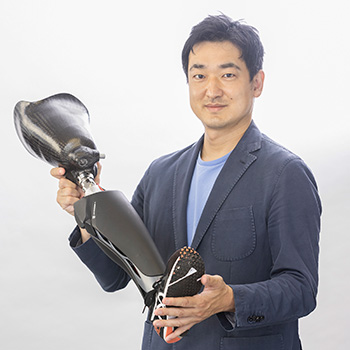
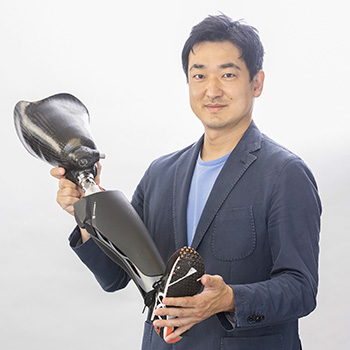

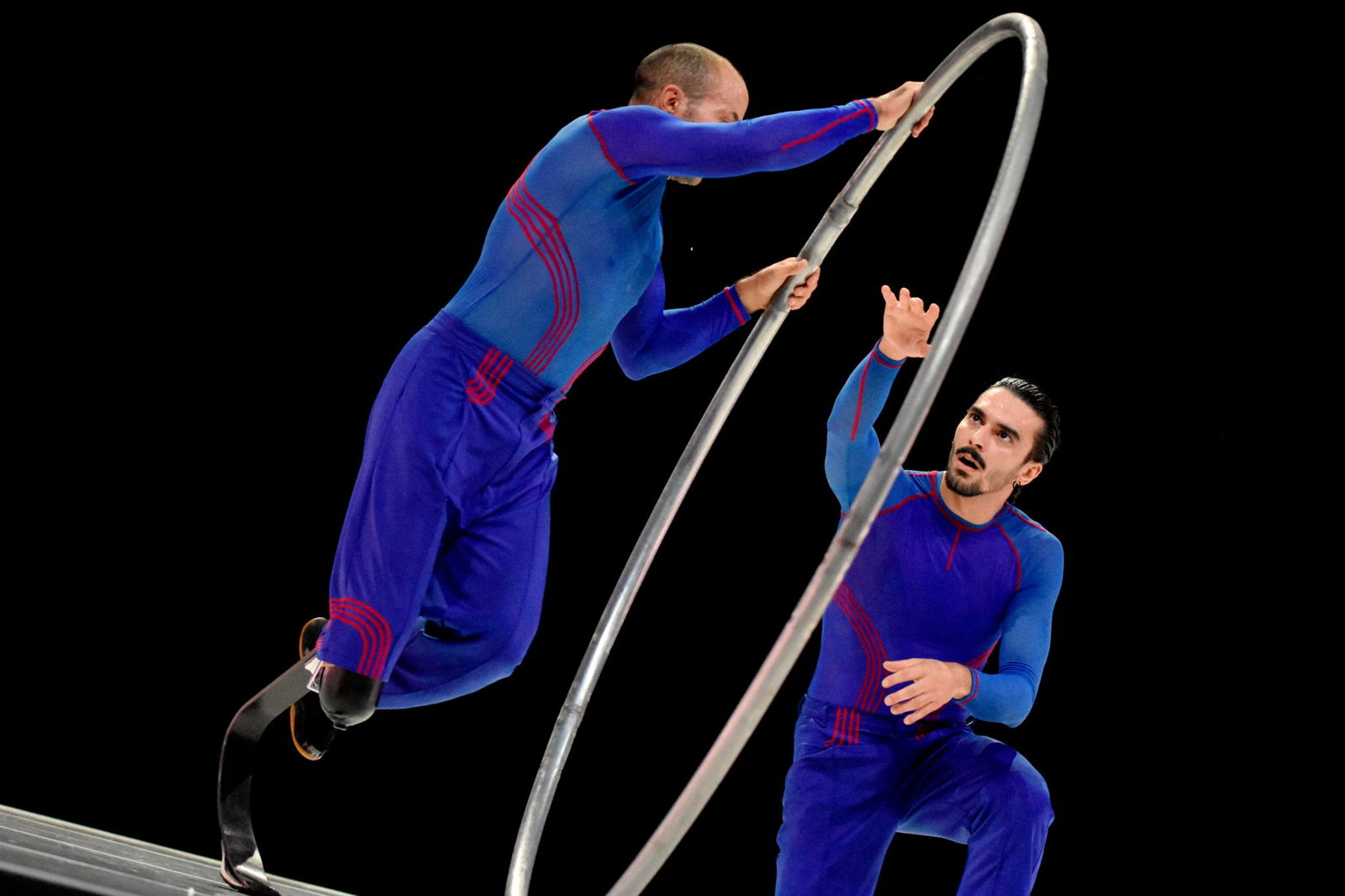

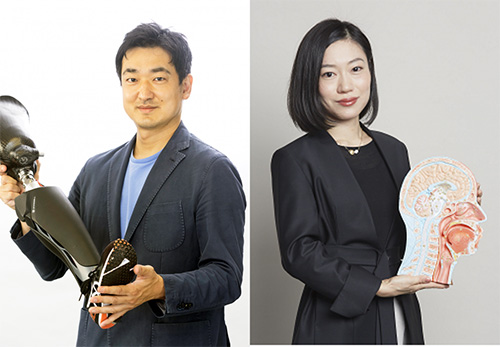

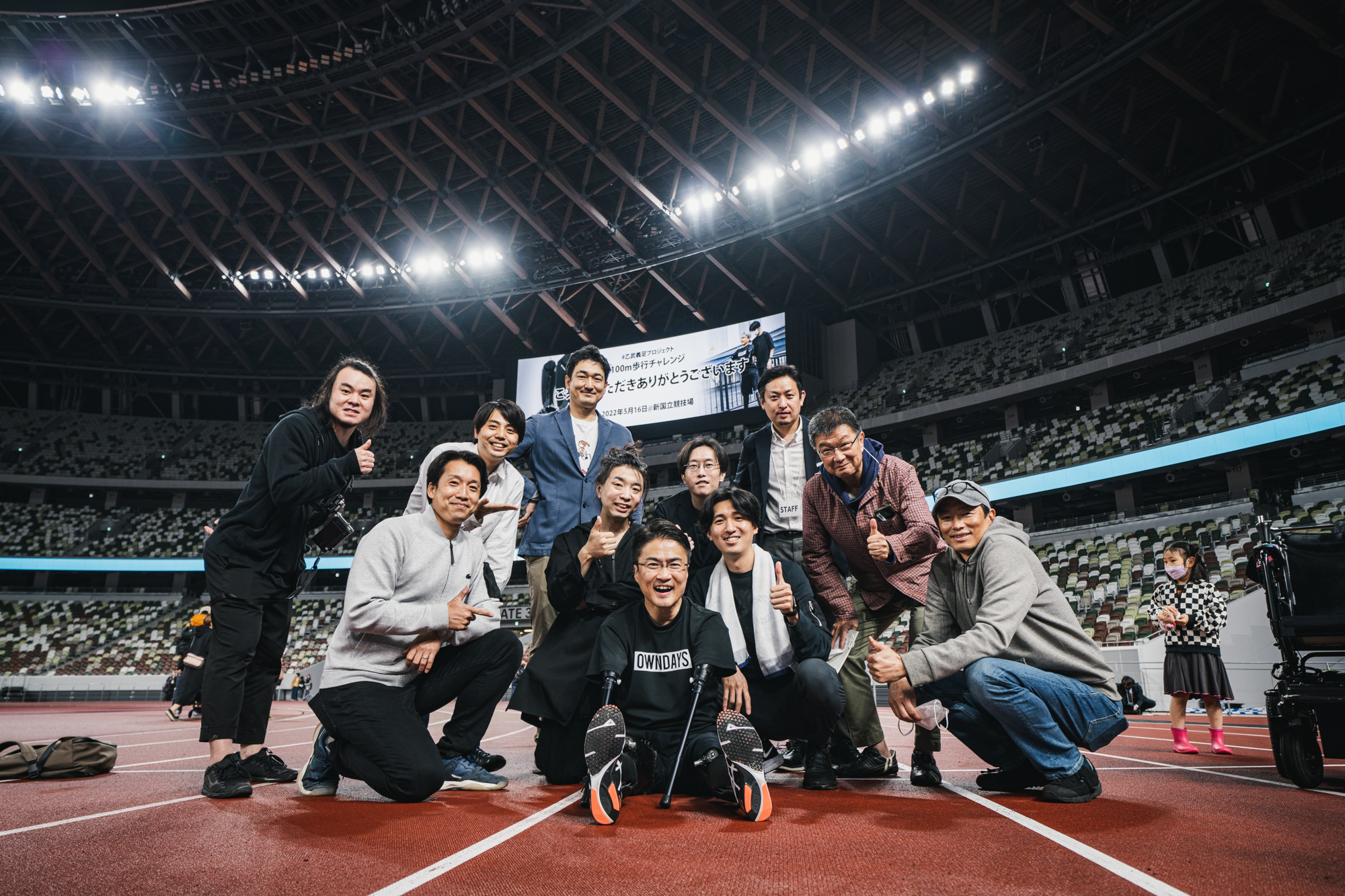
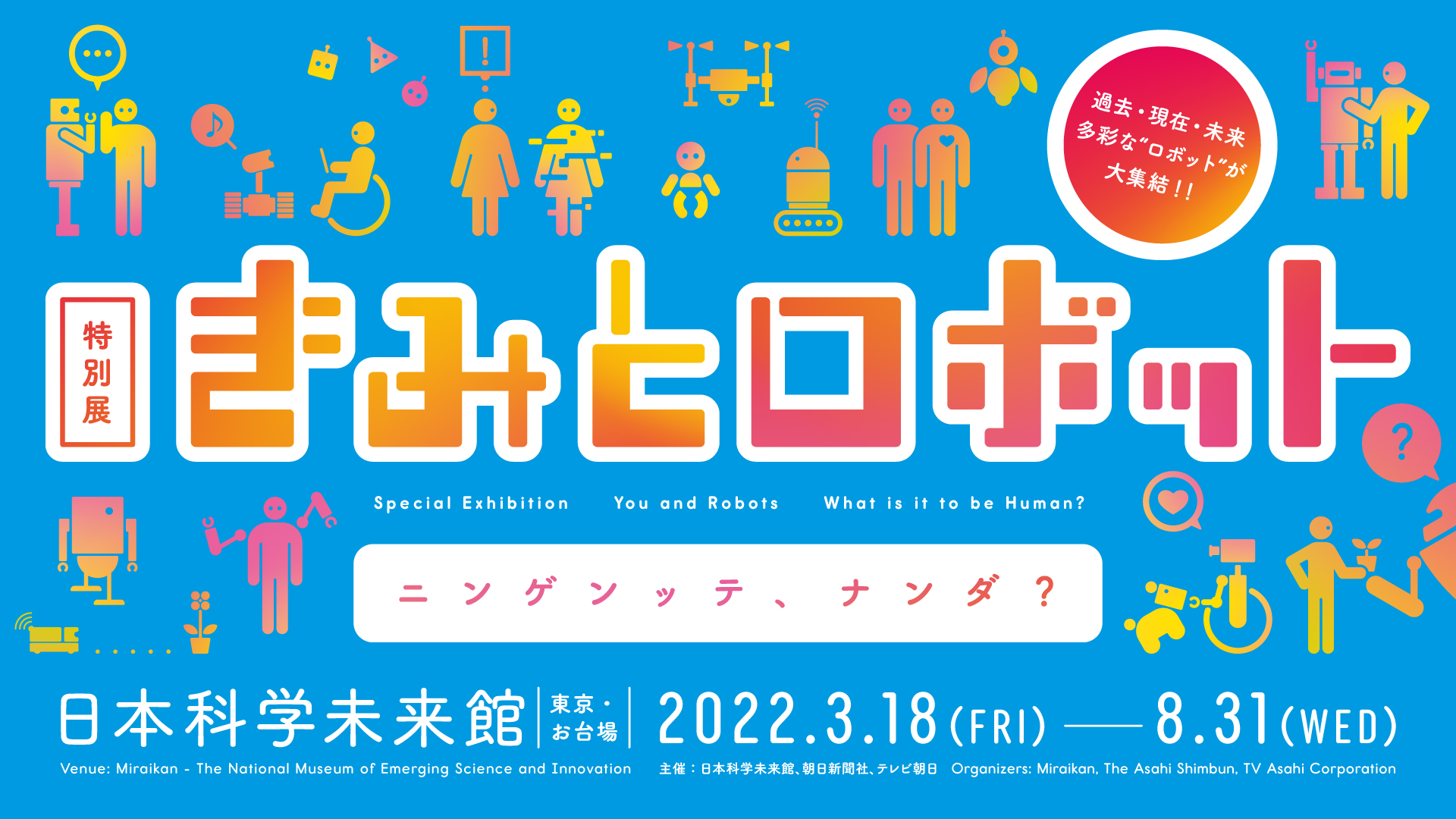
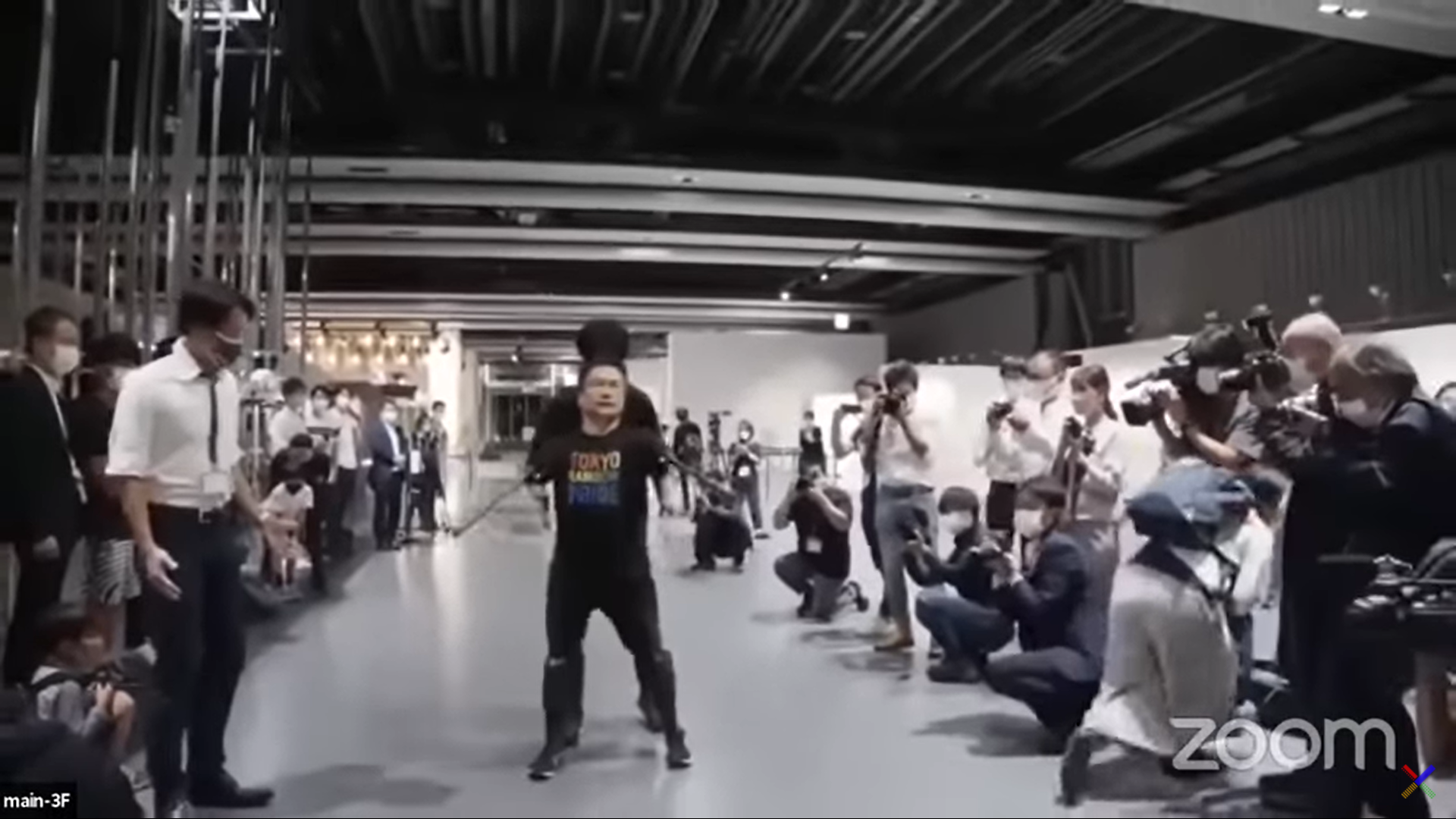
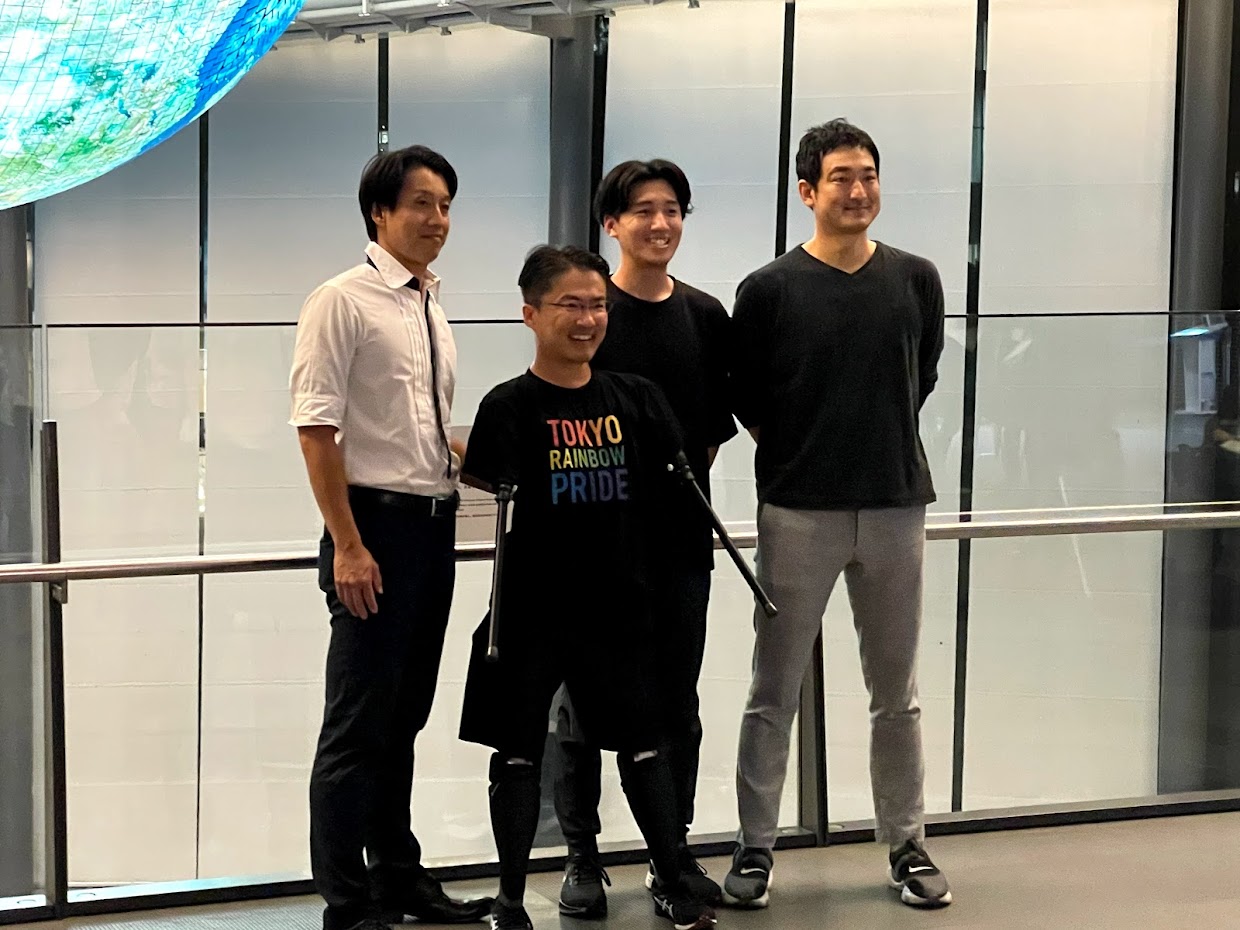
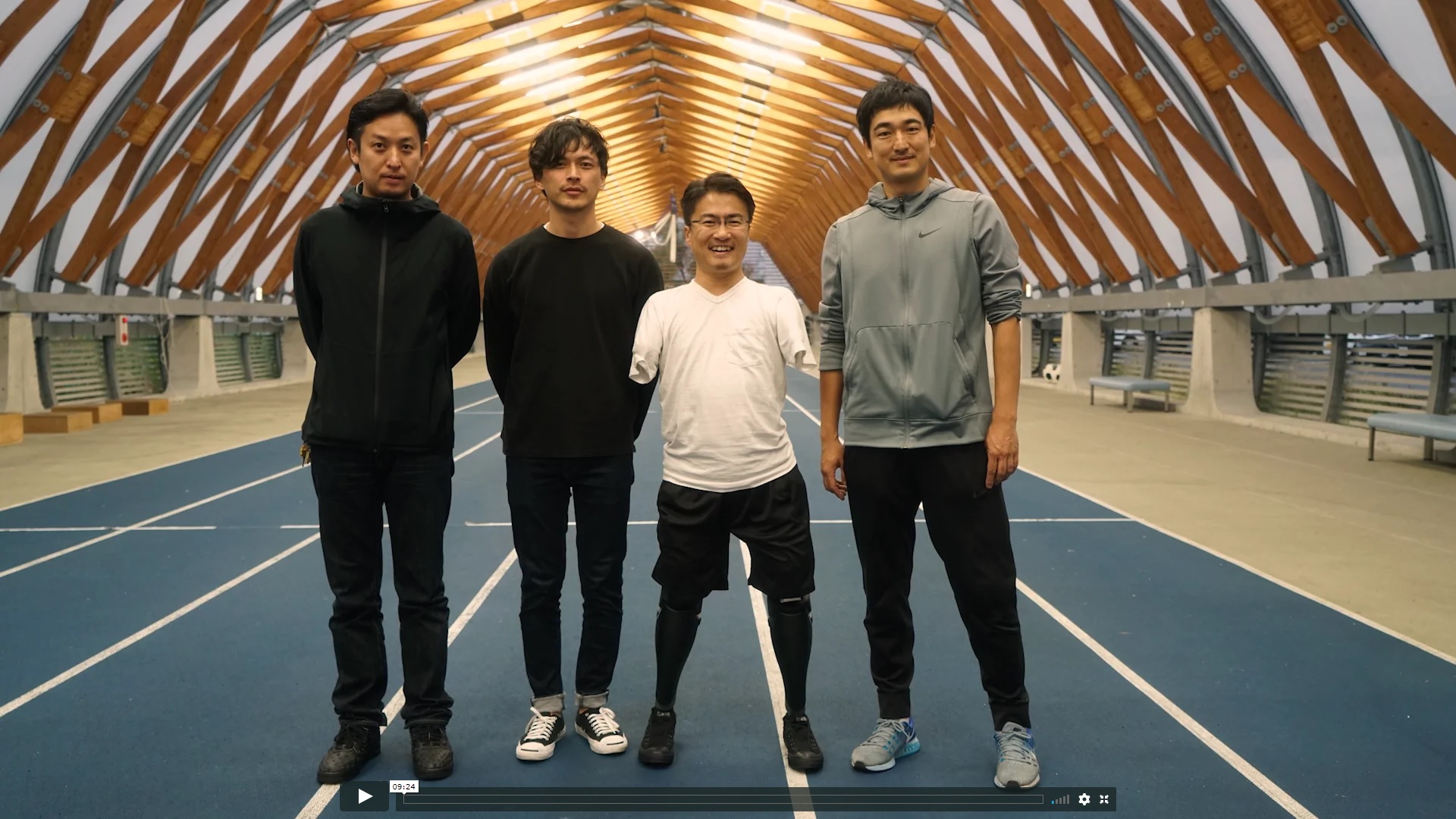
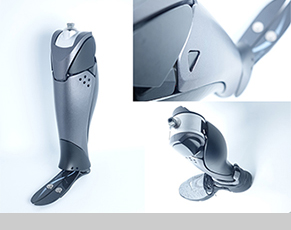
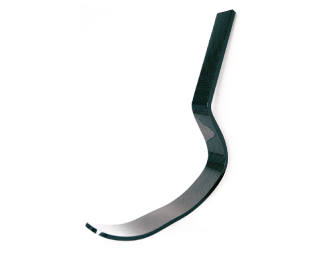
.png)
.png)